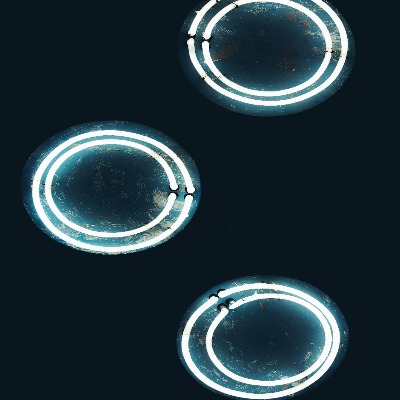
Since the discovery of the very first cancer-causing viruses and then the cancer-causing genes (oncogenes) they carried, research on the genes of cancer has focused on our chromosomes. Humans have 23 pairs of chromosomes that contain a total of about 20,000 genes. That is certainly a lot to study and understand, but we are learning that there is much more to the story.
Cancer cells are genetically abnormal. They turn up the activity of genes involved in cell growth and reproduction and turn down genes that stop those things from happening. Recent research has shown that some of these genes can wind up on small circular pieces of DNA that exist outside of the chromosomes on which they normally sit. Once these important genes leave their normal location, they are no longer controlled properly.
Different numbers of copies of the genes found on these circles of DNA can lead to drug resistance and change the behavior of the cancer cells. Research has shown that the small circles are present in many cancer types and are associated with aggressive cancers. An understanding of the role of these small DNA rings may well be critical to our ability to predict and treat cancer.
